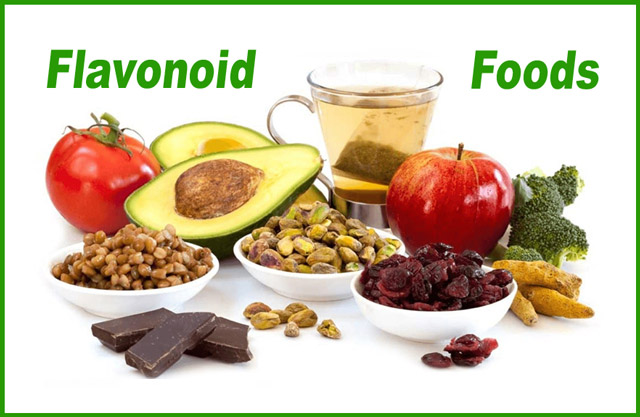A new study from Tufts University is shedding additional light on the importance of consuming flavonoid-rich foods consistently over time.
According to the study, older adults who consumed only small amounts of flavonoid-rich foods were two to four times more likely to develop Alzheimer’s disease over 20 years compared with people whose intake was higher.
The study, which was supported by the USDA’s Agricultural Research Service, was published May 8, 2020 in the American Journal of Clinical Nutrition.
Flavonoids—a type of antioxidant—are ubiquitous among plant foods, but are found in especially high quantities in berries, tea, citrus fruit and certain herbs.
Study background
The study included 2,800 subjects who were aged 50 or older.
The researchers evaluated their long-term health outcomes relative to the amount of flavonoid-rich foods they ate and the occurance of Alzheimer’s disease and related dementias.
Flavonoids, and antioxidants in general, have long been associated with reduced inflammation and improved cardiovascular health—among a long list of other health benefits.
While many studies have looked at associations between nutrition and dementias over short periods of time, this study was designed to look at exposure over 20 years.
Prevention is pivitol when their is no cure
“Our study gives a picture of how diet over time might be related to a person’s cognitive decline, as we were able to look at flavonoid intake over many years prior to participants’ dementia diagnoses,” said Paul Jaques, senior author of the study and nutritional epidemiologist at Tufts University. “With no effective drugs currently available for the treatment of Alzheimer’s disease, preventing disease through healthy diet is an important consideration.”
Of the six major types of flavonoids—all of which are derived from different assortments of foods—three were taken into account in this study: flavonols, athocyanins, and flavonoid polymers.
Low intake of both flavonols and flavonoid polymers was associated with twice the risk of developing Alzheimer’s disease and related dementias, and that risk appeared to be an astounding four-fold in those with low intakes of anthocyanins.
For example, low intake was equal to no berries, roughly one-and-a-half apples, and no tea in any given month.
A high intake (60th percentile or higher) was equal to roughly 7.5 cups of blueberries or strawberries per month, 8 apples and pears per month, and 19 cups of tea in a given month.
Dismal stats
To the average person, the intake thresholds for the study may appear amazingly low; however, this only demonstrates how much the average person relies on processed foods, dairy and meat. Raw whole foods—the best sources of flavonoid antioxidants—is noticeably inadequate in the modern western diet.
As dismal as the numbers are in showing the low intake of flavonoids in the general population, the positive take-away from the study is that even modest increases in antioxidant foods can make a difference in one’s health.
Still, the greatest benefits come from consuming a wide variety of antioxidant/flavonoid foods on a regular—preferably daily—basis.
To boost your flavonoid consumption, consider supplementing with a high-antioxidant powder like Fruit & Veggie Plus from Optimal Health Systems.
One serving of Optimal Fruit & Veggie Plus provides more than 13 times the antioxidant potency that the average American conumes each day.
– – –
Sources: American Journal of Clinical Nutrition, Tufts University.


